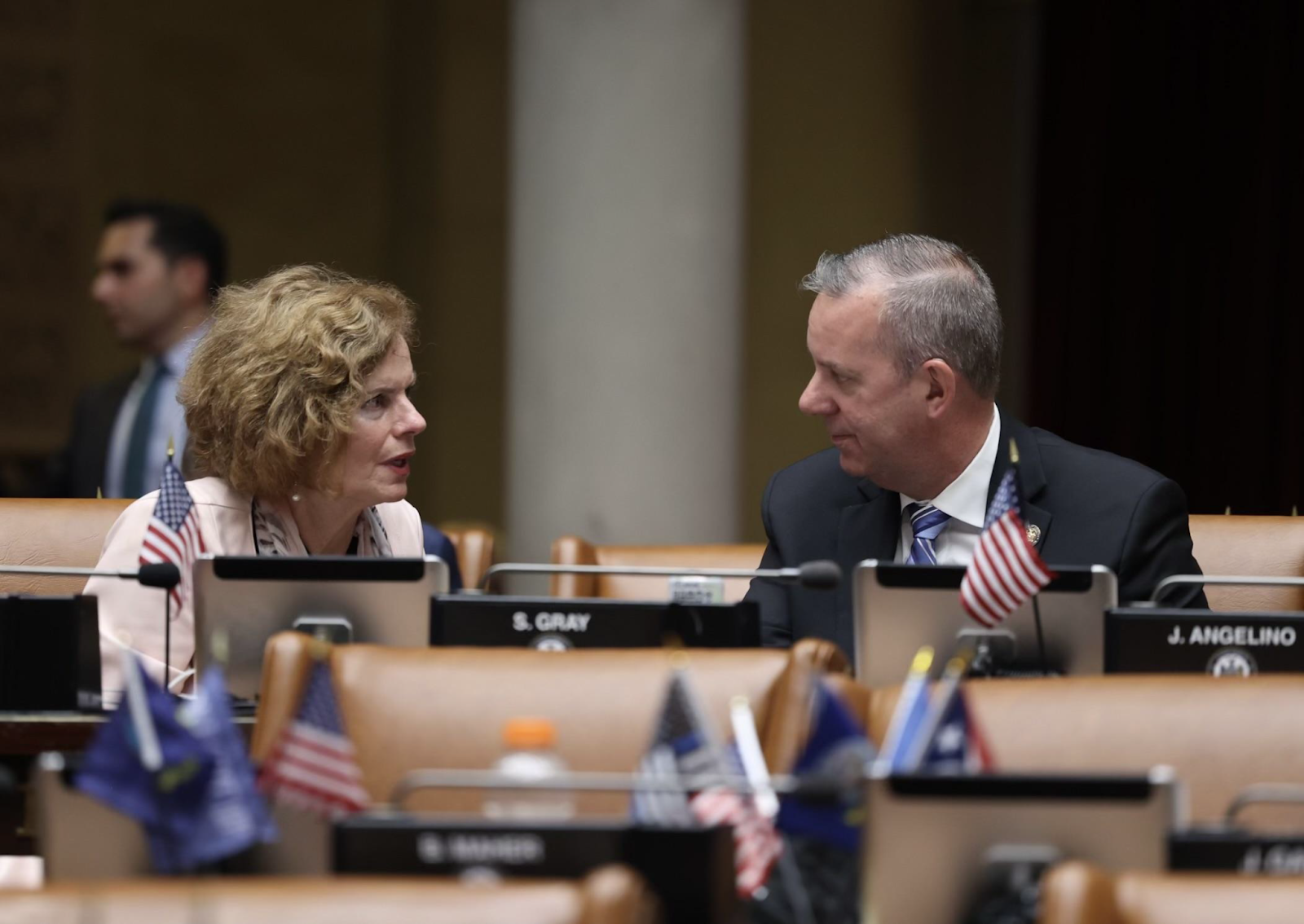Statement on A4130 Short Term Rental, a.k.a. STR
Legislation Widely Supported by Industry and Local Governments
The STR lodging market has matured in recent years from a few here and there to a significant marketplace existence. I traveled to the tourism locations last year to better understand the industry, which is part of my responsibilities as the ranking Minority member on the committee for Tourism, Parks, Arts and Sports Development in the Assembly. The STR industry was top of mind everywhere I went.
There is a misconception about the industry as it is referred to frequently as Airbnb, which is similar to saying Kleenex instead of tissue. There are many other booking platforms similar to Airbnb, such as VRBO or Booking.com; Airbnb is simply a brand name, while the industry writ large is STR.
The supply of short-term rentals has skyrocketed in the last 12 months by nearly 20%, reaching 31,043 units outside NYC. At the same time, the average daily rate has gone down almost 5% to $281 due to increased supply. New York State Association of Counties (NYSAC) cites a recent report that the industry has grown by an incredible 800% since 2011.
Recent 12 Months Utilization Statistics: averages per 31k units:
● 26.8 Bookings annually per unit
● 110.8 nights occupancy per unit annually
● 30.46% annual occupancy rate
● Mean (not average) length of stay: 4 nights
Industry revenue is just under $1 billion annually.
Short-term rentals have been a wonderful amenity in the tourism market to complement the hotel/motel industry. There must be fairness and parity in the industry across the lodging choices.
This legislation will provide essential information for local governments to have knowledge of this industry and understand the impacts on their communities.
Housing: It has tremendously impacted the housing market as residential housing is removed from the marketplace for accommodations and income housing settings.
Public Safety: Another critical reason for situational awareness is public safety. It is beneficial for first responders such as police, fire, or EMS to know they are going to a congregate setting versus a typical single-family residential setting.
Infrastructure: It is also valuable for local governments to understand the impacts on their jurisdiction for infrastructure such as water, sewer, septic systems, and roads. Overused or poorly maintained septic systems can severely impact nearby bodies of water, potentially leading to issues like harmful algae blooms.
Lastly, because this type of accommodation is embedded in neighborhoods and on occasions that can be a cause for neighbor-to-neighbor disruption, local governments should be able to know where the potential for this exists. They can further regulate income housing among regular residential settings if they choose. Many communities with significant tourism, such as Lake George, Lake Placid, etc., already have some guidance in place.
Therefore, requesting an inventory of locations in the state benefits all those involved in this industry and an item already maintained by the platforms. Concerns about the state handling the inventory have been misstated as similar license issuances like bars or cannabis, and this is not the case; it is just registering. Concerns about whether this will cause an increase in insurance are not substantiated as a responsible property owner of income lodging property should already be carrying proper coverage.
I proposed similar legislation this year, A8226, which called for the information to go to the county versus the state; in the end, the same objectives were met. While certain standards are set for STRs the legislation will not affect the bottom line for the property owners.
I was happy to work across the aisle with my colleague Assemblymember Fahy to pass A4130. There is no evidence to suggest this will harm the tourism industry; to the contrary, it will add support revenue to enhance the industry. The New York State Association of Counties, the New York State Hospitality & Tourism Association, and the New York State Tourism Industry Association support this. I have confidence they would not support anything that would harm the industry.

